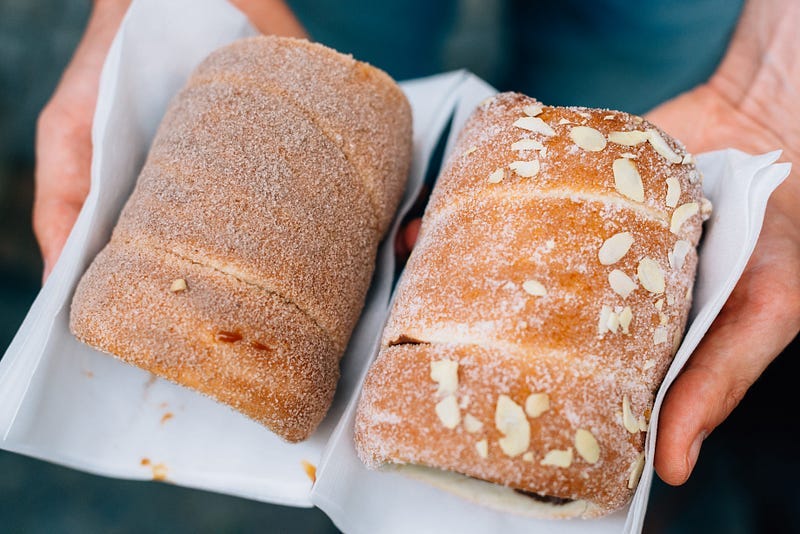3 Things That Make a Great Study Abroad Student
A good study abroad needs good students
Especially for short-term, faculty led trips

A good study abroad needs good students.
This summer I took 11 students to Krakow, Poland to research professional writing communities. The trip was an astounding success because these top-notch students were independent, adaptable, and ready to try new things. A great study abro…



